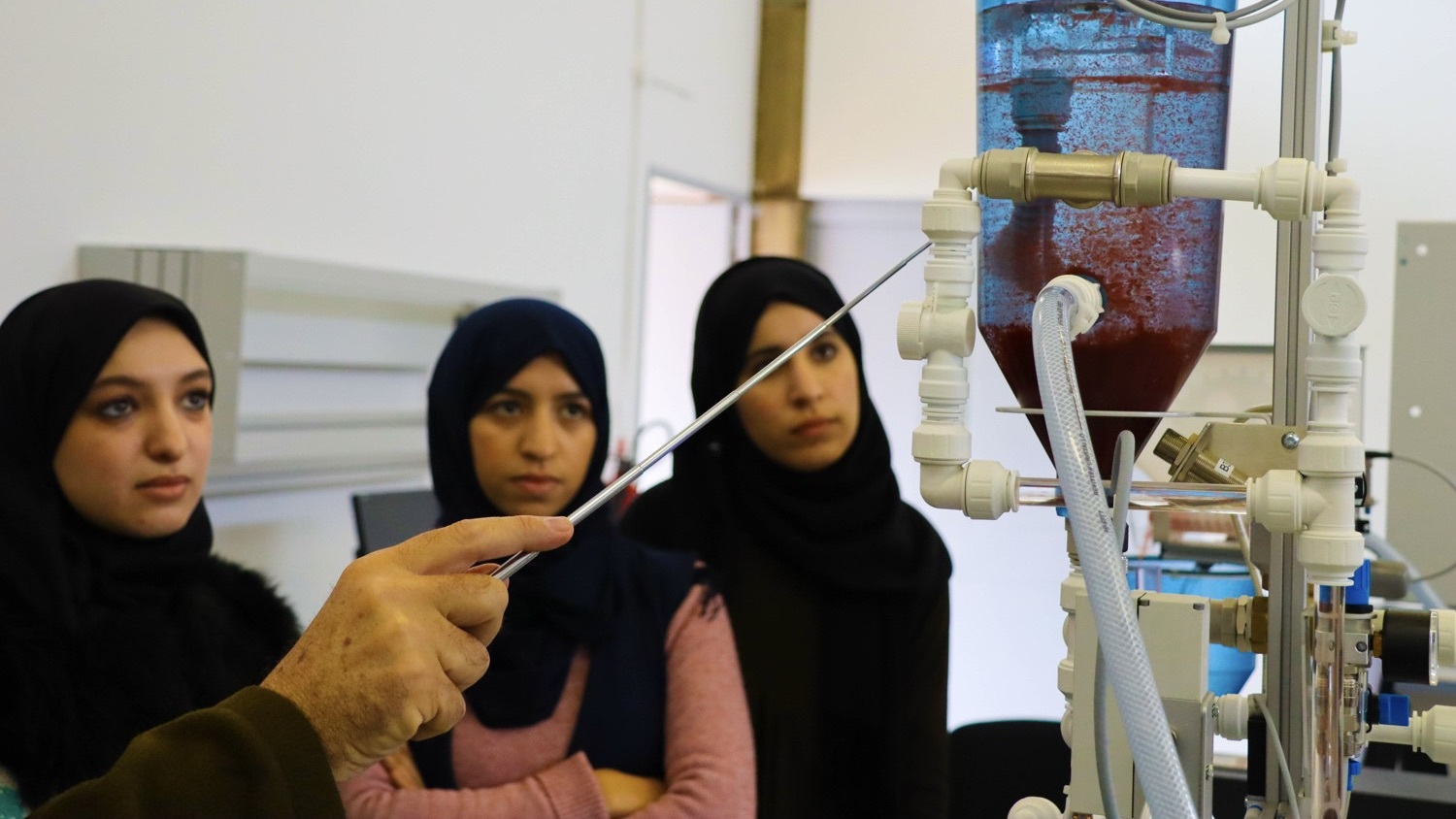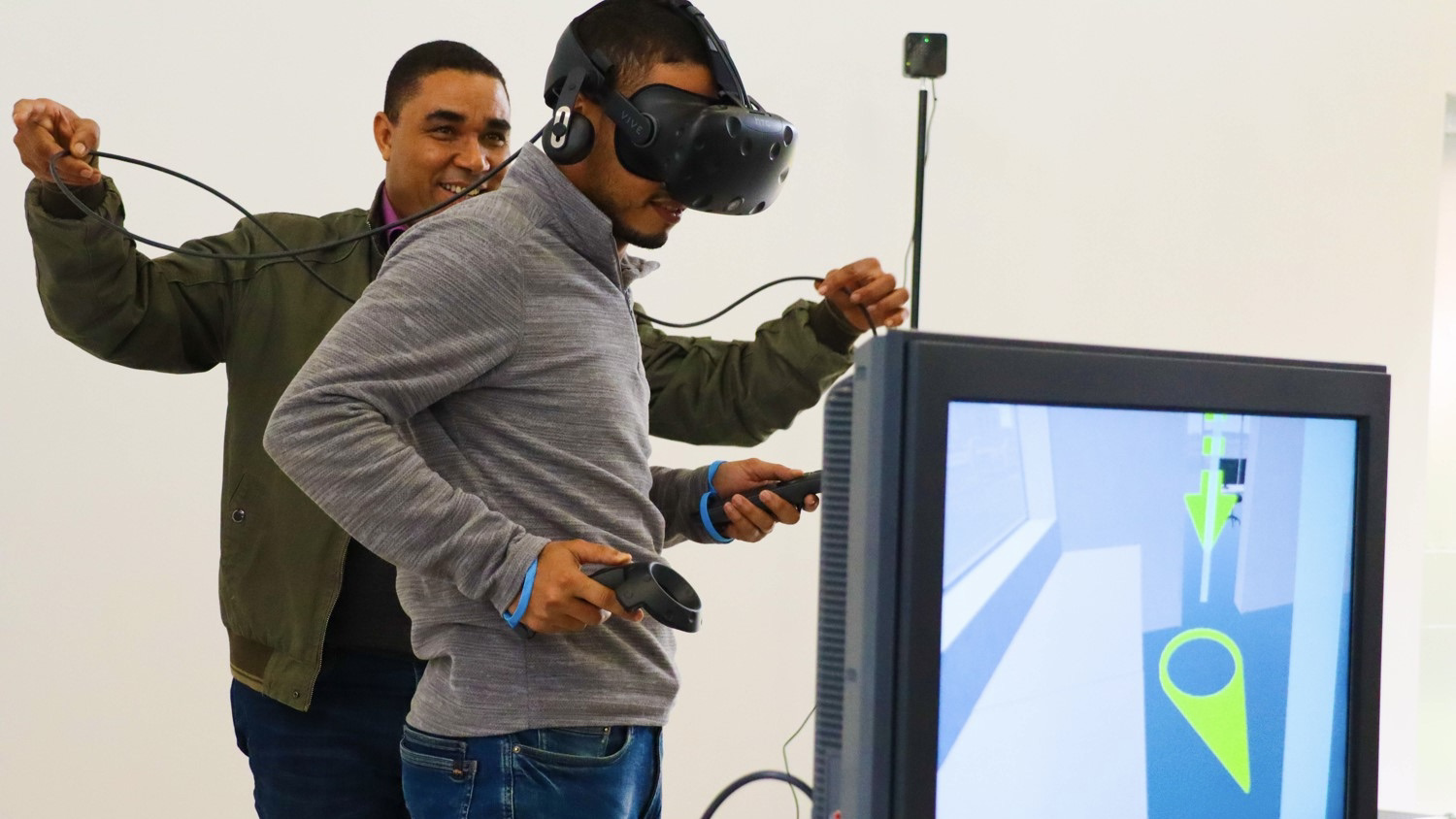

Responding to Morocco’s water challenge
13 September 2019 UNIDO

by Eva Manasieva
Water is our planet’s most precious resource. In the past mankind has failed to take effective care of this resource and consequently many people now lack access to water in sufficient quality and quantity. According to a recent World Bank report, the world faces an invisible crisis of water quality that is eliminating one-third of potential economic growth in heavily polluted areas and threatening human and environmental well-being.
Morocco is among the countries suffering the most from water scarcity. With its growing population, rapid urbanization and developing economy, there is an increasing water demand, and mitigating water scarcity is a national priority.
Responding to Morocco’s water challenge, in 2017 the United Nations Industrial Development Organization (UNIDO) launched the project H2O Maghreb, as a public-private development partnership between the Moroccan government, US Agency for International Development (USAID), ONEE (Moroccan National Institute for Water and Electricity), and the private sector partners, Festo Didactic SE and EON Reality.
The main goal of the project is to fill the huge skills gap in water management. In a water-scarce country like Morocco the lack of a skilled workforce prevents industry and agriculture from exploiting the full potential of growth (efficient use of water, quality control, prevention of pollution etc.).
The ultimate goal of the project is to strengthen Morocco’s vocational training sector by establishing an innovative training hub, developing a state-of--the-art curriculum and training programme according to the country’s specific needs, and training trainers, beneficiaries and water professionals in the water sector.
The H2O Maghreb project was featured during a sofa session at this year’s World Water Week – the annual focal point for global water issues organized by the Stockholm International Water Institute (SIWI). This year’s conference was dedicated to “Water for society: Including all”.

Speaking during the discussion, UNIDO project coordinator, Ulrike Bletterie , said, “Within the H2O Maghreb initiative, UNIDO established a state-of-the-art training hub in Rabat, equipped with various innovative training tools like virtual reality, e-learning and the newly developed Environmental Discovery System (EDS). The training programme is modular and accredited so that the knowledge will remain in the country beyond the duration of the project and replication in other regions is possible.”
The H2O training programme combines elements from different professions (e.g. mechanics, electronics, hydraulics, chemistry, biology); thereby meeting the challenges of improving water and wastewater management, operation and maintenance in a systematic manner. The curriculum takes a holistic approach with theoretical knowledge and hands-on experience, using the most recent technological innovations, such as virtual reality and automation technology. Ultimately, this training hub prepares the next generation of water professionals to respond to the increasing complexity of water management-related needs across municipal, industrial and agricultural use.
Nader Imani, Executive VP Global Education of Festo Didactic SE, stressed that “innovation is important in the water sector because nature alone can no longer manage to recycle the water that we need for life. So we need technology to help us.” He added, “Globally, around 80% of the water consumption nowadays is not being recycled and this is something we cannot afford any longer.”

Over 80% of the beneficiaries participating in the training programme got a job offer, even before finishing the training, demonstrating the enormous needs for skilled workforce in this sector. Furthermore, the programme promotes women and youth empowerment, with an average of over 70% of female beneficiaries in the first intake of trainees.
USAID’s James Dumpert said, “This project is unique. The strong partnership between UNIDO, USAID, ONEE, the Moroccan government and the private sector resulted in developing innovative ideas to address a challenge that a lot of countries face, not just Morocco.” He added that the project has been incredibly successful in Morocco and because of its flexibility and modularity, and because of the increasing needs, he sees a high potential to replicate this initiative in other countries in sub-Saharan Africa and the MENA region.
Further reading: LKDF homepage
For further information, please contact:
Ulrike Bletterie
Industrial Development Officer/H2O Project Coordinator
UNIDO Agro-Industries Technology Division